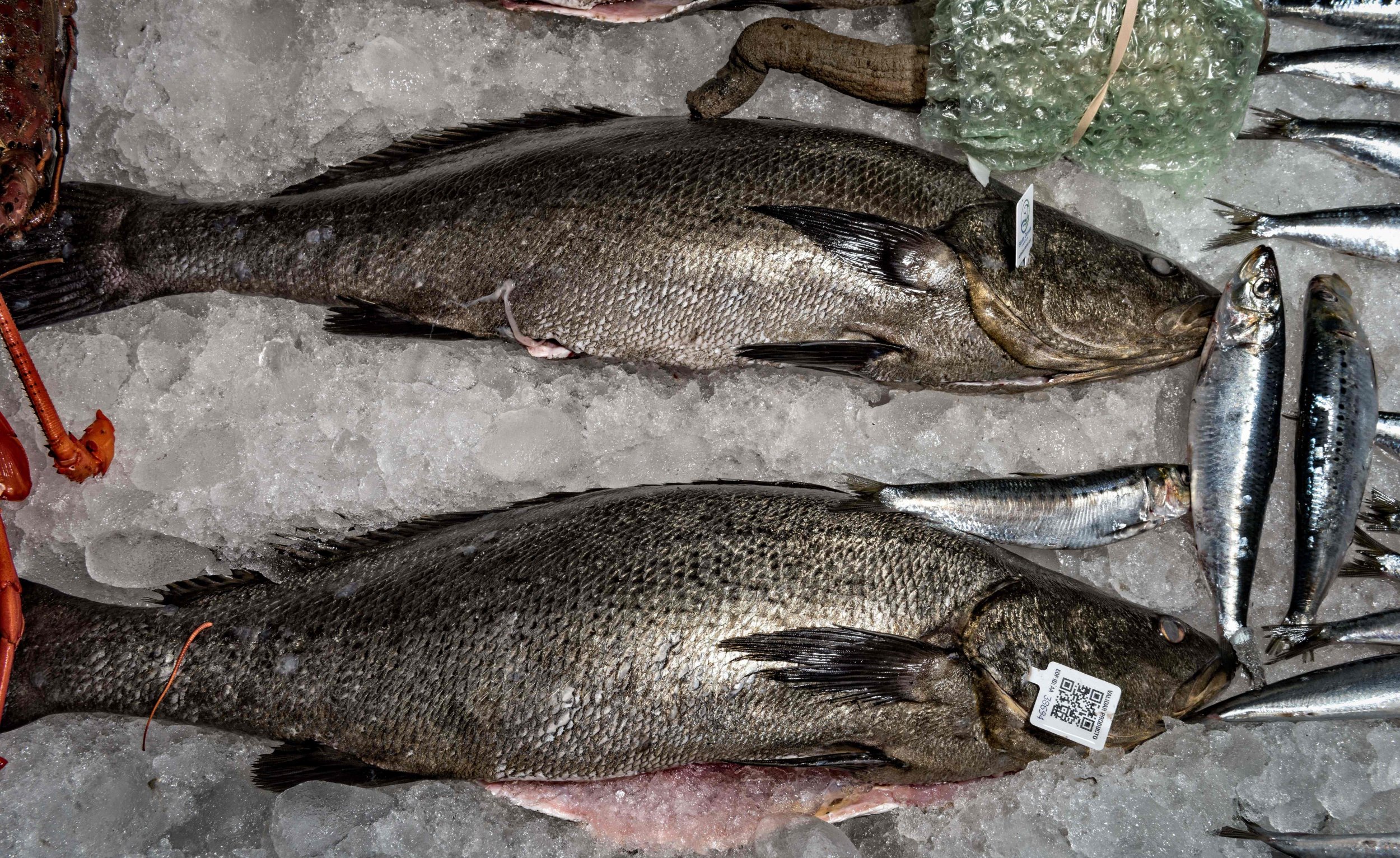
Mexican officials made a massive bust when they found hundreds of organs illegally harvested from an endangered fish.
Authorities reported the discovery of 417 swim bladders belonging to the totoaba fish on Wednesday, saying they were stuffed into suitcases at the Mexico City International Airport. The Mexican attorney general said in a statement that the luggage, which belonged to a Chinese national and was located in Terminal 1, was seized as the suspect was about to board a flight to Tokyo. That alleged perpetrator, identified only as "Deging N," was detained by authorities.
After the flight to Japan, the passenger was meant to get a connecting flight to Guangzhou, China, the attorney general said.
The officials who discovered the totoaba bladders were led to the stash when they detected a strong stench coming from the luggage, according to AFP.
Swim bladders are an organ found in many fish species that help the creatures control their buoyancy. It also has various uses in traditional Chinese medicine. Followers dry out the bladders and use them to cook a medicinal soup, for example—making them a coveted asset on the black market.

The totoaba is a critically endangered species found in the Gulf of California, the oblong body of water between Baja California and the remainder of Mexico, and there are restrictions on their harvest.
But the totoaba is not the only critically endangered species that is put at risk when fishers break the law and collect them. The vaquita, a small species of porpoises, get caught up in the illegal fishing and die as bycatch in the process. Vaquitas are so critically endangered that conservationists estimate there are fewer than 30 of them left in the wild.
Mexican officials have attempted to crack down on illegal fishing and trade in a last-ditch effort to save the vaquita, but the illegal totoaba harvesting still occurs.
"Fishers can get a lot of money for totoaba bladder," Lorenzo Rojas-Bracho, a Mexican scientist working to save the vaquitas, previously told Newsweek. He is involved through Mexico's National Commission for Natural Protected Areas, part of its Ministry of Environment and Natural Resources.
According to AFP, the passenger detained in the case of the 417 newly discovered swim bladders was given a conditional release after paying a $600 fine.
"Vaquitas are a very resourceful animal," Rojas-Bracho said. "If we stop killing them, they will come back."

Uncommon Knowledge
Newsweek is committed to challenging conventional wisdom and finding connections in the search for common ground.
Newsweek is committed to challenging conventional wisdom and finding connections in the search for common ground.





